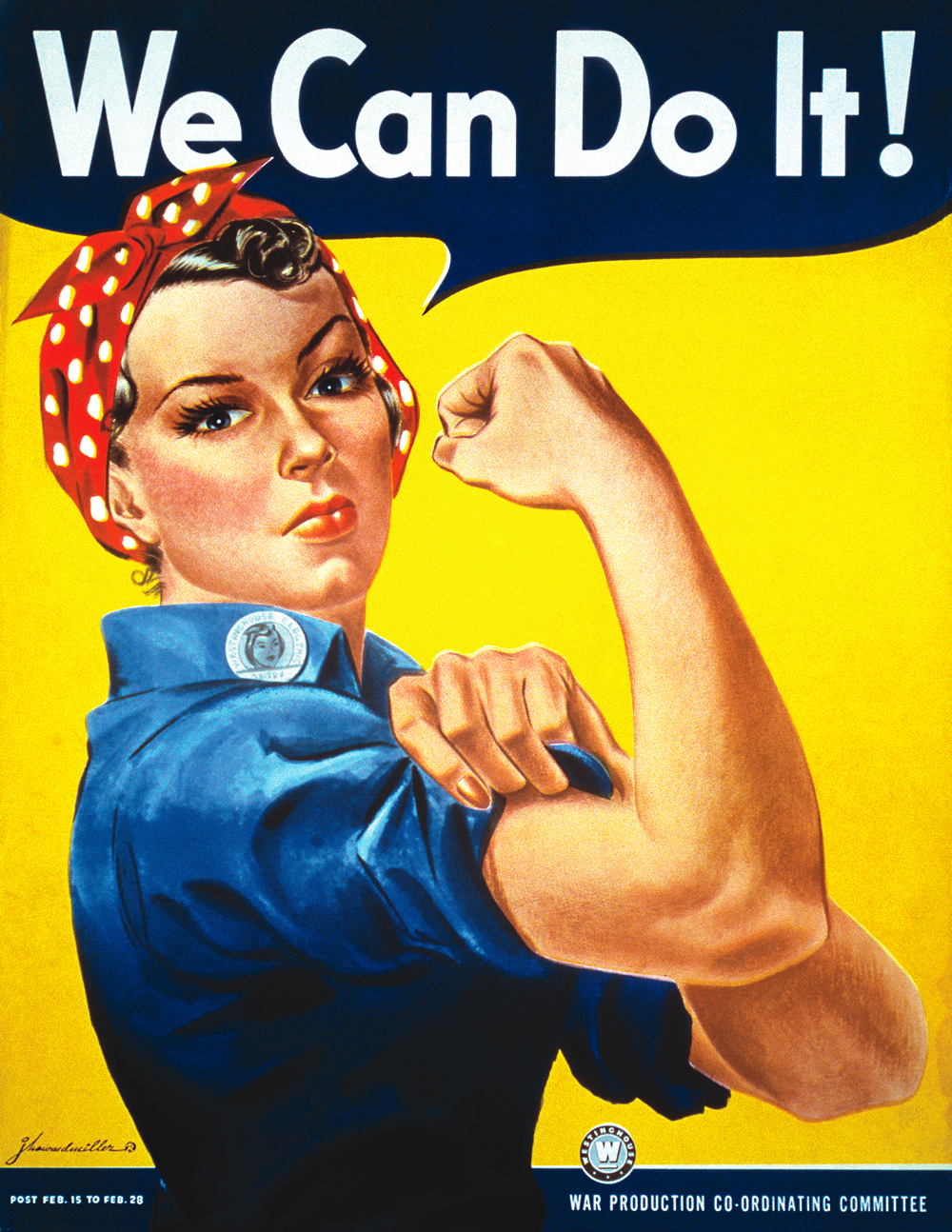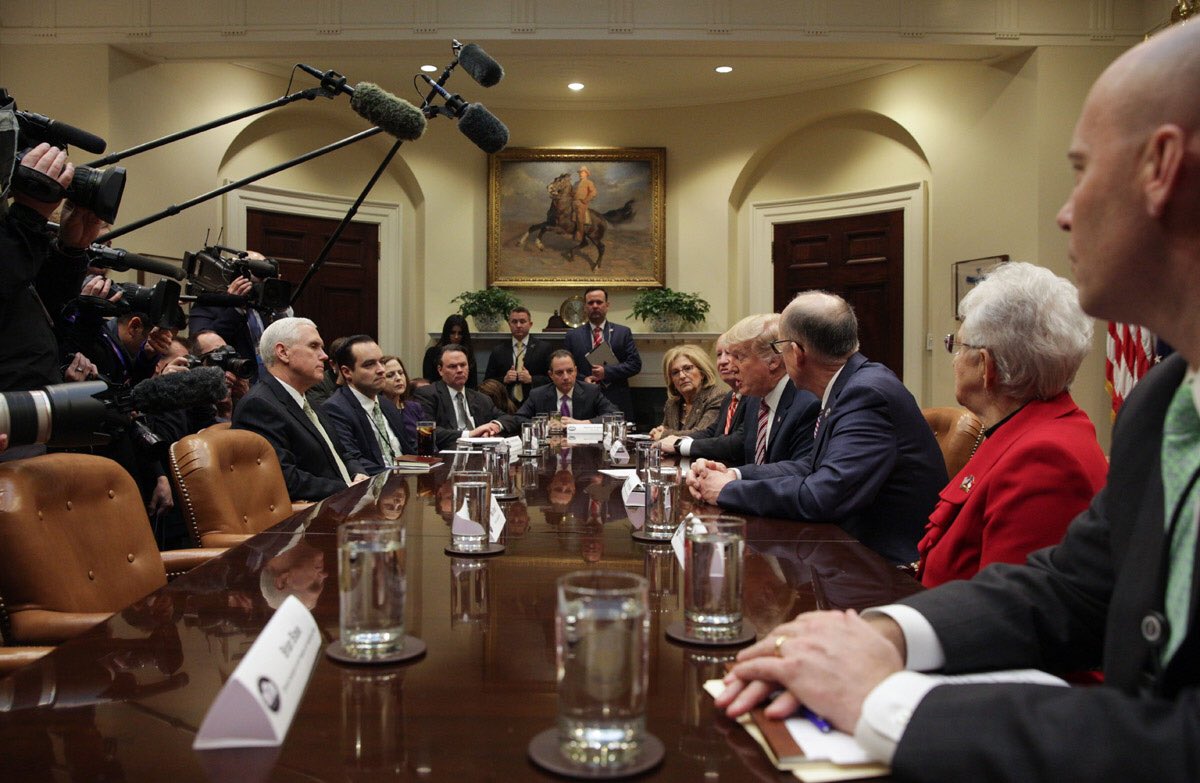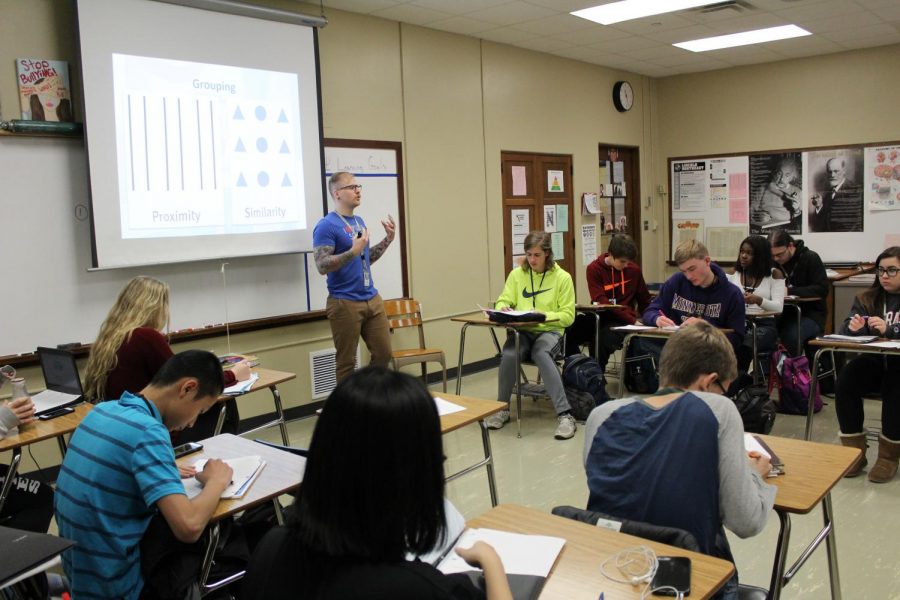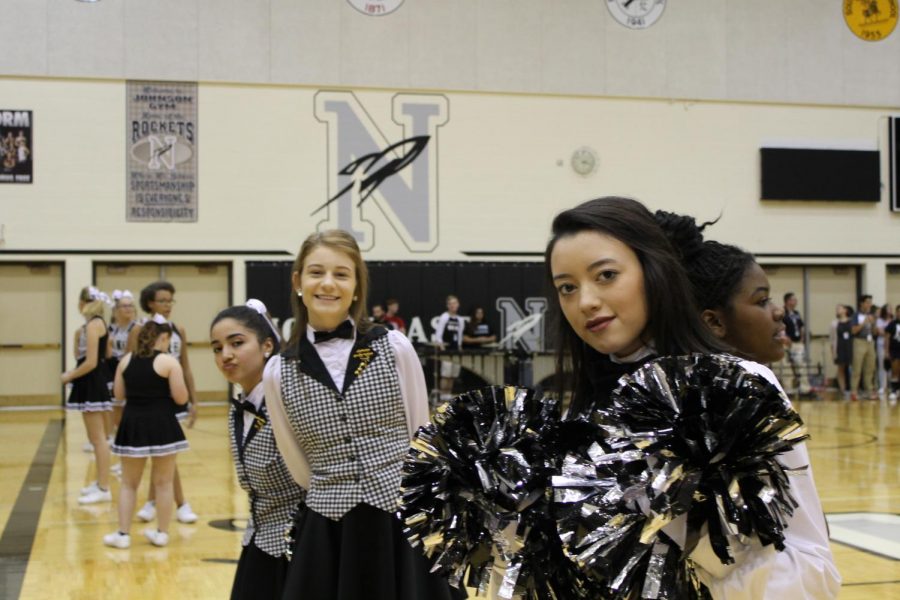International Women’s Day, formerly known as “International Working Women’s Day”, was earlier this year on March 8. And for numerous reasons this year, the day holds a lot more importance for women, especially across the U.S. According to the International Women’s Day official website, International Women’s Day is “a global day celebrating the social, economic, cultural and political achievements of women. The day also marks a call to action for accelerating gender parity.” As stated before, this day isn’t just for women in America, but women around the whole world.
There are a great number of reasons why this year’s International Women’s Day is such a big deal in America. According to the article “Donald Trump sexism: My year tracking every lewd comment” written by Claire Cohen, the newly-elected president, Donald Trump, has a history of making sexist remarks against women. In an interview with ABC in 1994, he said, “I think that putting a wife to work is a very dangerous thing. Unfortunately, after they’re a star, the fun is over for me.” Cohen also included, “…tapes of Trump interviews with shock-jock Howard Stern were unearthed, in which he discussed sleeping with ‘fat women’; referred to his daughter Ivanka as ‘voluptuous’; and said any woman who has a breast reduction is ‘insane’.” More recently, he has been accused of sexually assaulting women. Due to Ryan Grim’s article “Donald Trump Is Accused Of Raping A 13-Year-Old. Why Haven’t The Media Covered It?”, Trump was accused of raping a 13-year-old during 1994. The anonymous accuser decided to drop the lawsuit due to the threats she had been receiving. Ever since his election into office, a great number of people have been strongly against the way he treats women and how he has made inappropriate remarks to/about them. This would explain the Women’s March that was aimed toward Trump and his inauguration as President of the United States.
Any person that has recently been on Twitter this month would recall seeing #InternationalWomen’sDay as the trending topic, along with heartfelt tweets about women. However, it isn’t always positivity and happiness coming from others on social media. Many people tie this day into feminism and equality, and usually they aren’t wrong. What becomes a problem now a days, is when certain people hear the word “feminism”, it invokes negative feelings. Feminism and feminists are portrayed on social media as a joke, too serious, and they, along with what they stand for, are turned into memes. When this happens, it is not impossible, but very difficult, to get a message across. A prime example of this would be the Twitter account, “TheMeninism”, that mocks the idea of feminism and those in support of it. Too much of the youth in the U.S. dismiss the problems women face by joking around and stereotyping feminists, in turn, hurting those who are actually trying to make a difference.
A survey conducted here at Northeast questioned 70 students if they have a positive or negative view on feminism and asked, “Should feminists be taken seriously?” Forty out of the 70 students said they had either a negative view, or both a positive and negative view. Their reasonings were often similar. One reason was that they had simply received information from sources that were critical of feminism and feminists. This is important because people online are easily able to give biased information and affect other people’s opinions on the topic. Another big reason was that these self proclaimed “feminists” were often aggressive, hateful, and have changed the movement from what it was originally.
Feminism has been around for a long time. Based on Martha Rampton’s article “Four Waves of Feminism”, the first wave began roughly around the late nineteenth century and the early twentieth century. Like many other things, it’s not free from change. As time passes, women and men will need to alter what they stand for based on societal changes, because the time period is simply not the same. But there needs to be more people speaking out on the issues of women and men claiming they are feminists as an excuse to complain. It’s imperative to know the difference between the two, instead of grouping them into one. This gives feminists who are fighting for actual equality and human rights a bad reputation and has caused a negative view on feminism, especially on social media.
Many students claimed to know what feminism is, but if they really knew what it was, why would they have a negative view on it? What they have a negative view of isn’t feminism itself, but the feminism being portrayed on social media, mainly by those not supportive or uneducated about it.
In general, a feminist is a person who believes in the social, political, and economic equality of both sexes. The feminism movement isn’t made to turn women against men, but instead to unite both together in order to fight for women’s rights. Many feminists around the world stand up against violence towards women. According to two authors, Agustina Paz Frontera & Winnie Byanyima from The News, “Violence against women, alone, is a global crisis: more than a billion women worldwide will experience physical or sexual violence in their lifetime – that’s one in three women.” Feminists around the world also fight for rights regarding child brides, sexual reproductive health, women’s education, and more.
Feminism isn’t just about the typical wage gap that you hear thrown around everywhere. It is a fight for human rights. It’s unbelievable to think of the many challenges feminists have fought for decades ago. A lot of them, people would think, are/should be given rights as they enter the world. And decades into the future, many people will think the same of the challenges faced by feminists today when reading through history textbooks. Just be sure you’re the one who is on the right side of history– supporting and fighting for human right’s.


















